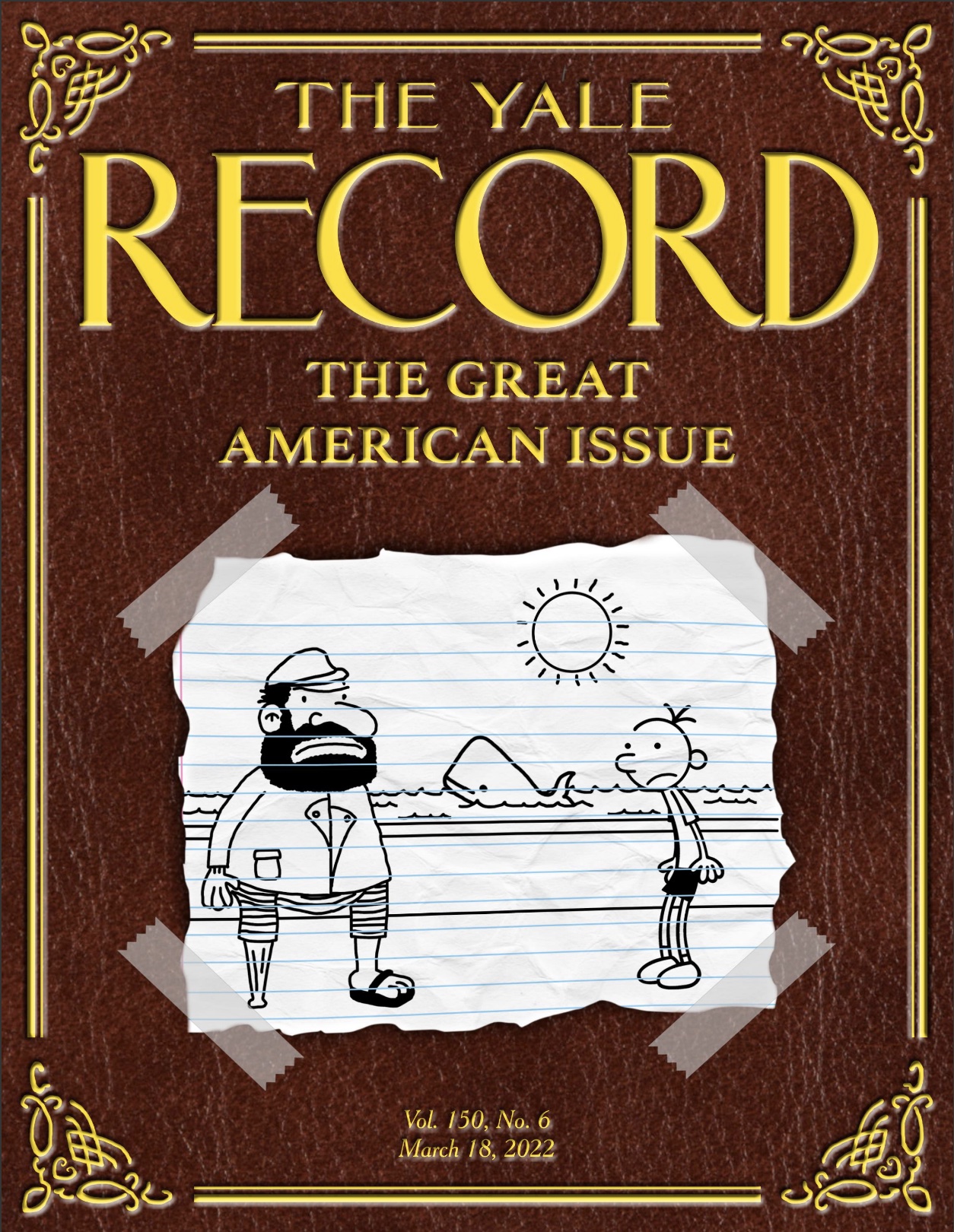In the sixth grade, I took a class trip to the Mark Twain House in Hartford. I’ll admit, at first I thought it would be lame and boring. But once we got there and started to explore, I was enchanted by the rich history that house contains. I was amazed to learn all about the brilliant American author’s life through treasures of the past that were preserved in this historical landmark.
The first thing we saw on the tour was a music box in the foyer. It played “Can’t Stop” by the Red Hot Chili Peppers pretty loudly in the background. Our tour guide explained that Mark Twain loved music, and pointed out the piano in the next room. As I listened to the timeless lyrics that blasted through the small room, I realized that true artists recognize other artists. It was a beautiful moment for me.
We moved on to look at Twain’s office, where he did most of his writing. On his desk, we saw the very pen that drafted the first copy of A Connecticut Yankee. The class looked in awe as the tour guide showed us the desk lamp that illuminated Twain’s pages through the night, as he crafted some of the finest pieces of writing of the 19th century. There was a stack of books on the corner of his desk, which the tour guide told us often influenced his writing. There on the top of the stack was a copy of Anthony Kiedis’s autobiography, Scar Tissue. Above his desk were the liner notes for Californication, nailed into the hardwood. Next to them was the original outline for Twain’s 1884 magnum opus, The Adventures of Huckleberry Finn.
We continued through the house, eventually stepping into the living room, where we could see the spoils of his travels, including Punkah fans all the way from India, a piano with ivory keys imported from Africa, and a poster from the Red Hot Chili Peppers’ 2006 Stadium Arcadium Tour.
At the end, our tour guide explained that the Mark Twain House relies on donations. 10% of the profit goes to local Hartford public schools, 10% goes to upkeep of the house, and 80% goes straight to Flea’s bank account, to fund the production of his first solo album. I gladly gave the woman the fifteen dollars that my mom had given me for the gift shop, and left feeling proud that I helped support such an important part of my country’s literary history.
—S. Spaner

